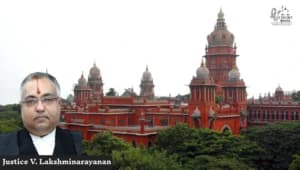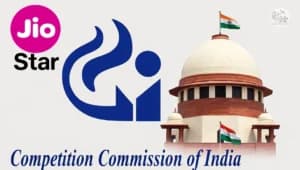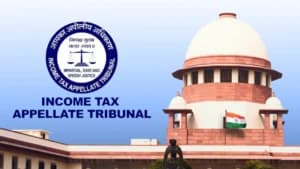The Allahabad High Court recently expressed strong disapproval of the Uttar Pradesh state government’s habitual negligence in complying with court orders. The court observed that officials often ignore judicial directives until they face contempt proceedings, and even then, action is taken only when personal appearances are mandated.
A division bench comprising Chief Justice Arun Bhansali and Justice Jaspreet Singh highlighted the casual attitude of state officials toward court orders. The bench remarked:
“The attitude of the officers, in ignoring the orders passed by the Court till such time that notices in the contempt petition are issued, cannot be approved. On many occasions, despite issuance of notices in contempt petition, no action is taken and it is only when the directions are issued for personal presence that for the first time, the officers care for the orders passed by the Court.”
The court further noted that such delays in compliance have become routine, with officials treating the filing of delay condonation applications as a mere formality rather than a serious legal obligation.
Case Background
The case involved a special appeal filed by the Uttar Pradesh government challenging a single-judge order that directed the state to reinstate certain employees and pay their arrears. The appeal was filed with a delay of 345 days, which the state attributed to administrative formalities.
In its affidavit, the government claimed the delay was unintentional and due to procedural hurdles. However, the respondents argued that the state’s explanation was fabricated, pointing out that the government took six months to even acknowledge the court’s order.
Read also:- Supreme Court Permits Bhupesh Baghel to Contest Maintainability of Nephew Vijay Baghel’s Election Petition
Lack of Justification for Delay
The court scrutinized the state’s reasoning and found it lacking. Despite claiming to have sought legal opinions from the Chief Standing Counsel, the government failed to provide any substantive evidence or explain the prolonged gaps between actions. The bench noted:
“In the entire affidavit, there is no intention to indicate the sufficient cause for seeking condonation of delay, only formality of indicating dates has been fulfilled… The indications made and the tenor of language used in the affidavit clearly suggest that the appellants have taken it for granted that… seeking condonation is a matter of right.”
The court emphasized that such an approach undermines the judicial process and reflects poorly on the government’s commitment to upholding the rule of law.
Read also:- Kerala HC Rejects Bail Plea in Exam Paper Leak Case, Stresses Need for Custodial Interrogation
The bench relied on Supreme Court judgments, including Postmaster General & Ors. v. Living Media India Ltd. & Anr. (2012), which stressed that government departments must act diligently and cannot routinely seek condonation of delay without valid reasons. The apex court had warned:
“The government departments are under a special obligation to ensure that they perform their duties with diligence and commitment. Condonation of delay is an exception and should not be used as an anticipated benefit for the government departments.”
Following this precedent, the Allahabad High Court refused to condone the delay, dismissing the appeal as time-barred.
Case Title: State of U.P. through its Additional Chief Secretary, Department of Basic Education, Government of U.P., Lucknow and others v. Jai Singh and others [SPECIAL APPEAL DEFECTIVE No. 276 of 2024]















